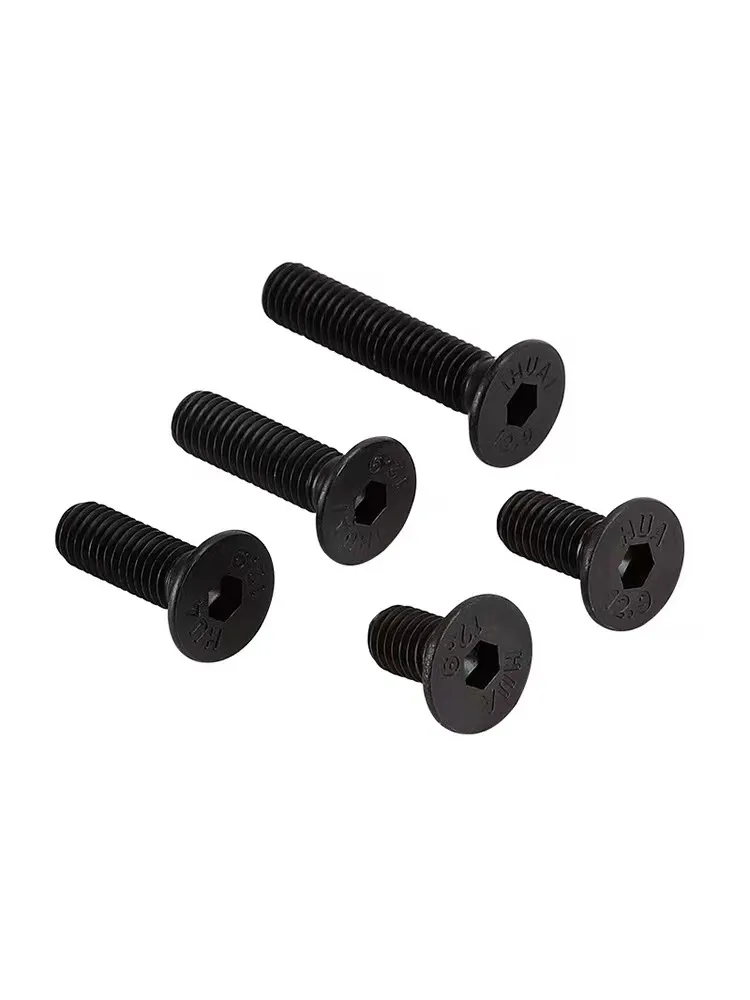

threaded bolt
Nov . 16, 2024 06:56 Back to list
threaded bolt
Understanding Threaded Bolts An In-Depth Look
Threaded bolts are a fundamental component in various industries, playing a crucial role in ensuring the integrity and stability of assembled structures. From construction sites to automotive manufacturing, these seemingly simple fasteners have a significant impact on the functionality of countless machinery and structures. In this article, we will explore the characteristics, applications, and importance of threaded bolts in modern engineering.
What is a Threaded Bolt?
A threaded bolt is a type of fastener that features a cylindrical body and a helical ridge, known as a thread, wrapped around its shaft. The thread allows for the bolt to be screwed into a matching nut or threaded hole, creating a secure and stable connection between two or more components. Threaded bolts are typically made from materials like steel, stainless steel, or brass, providing various levels of strength, corrosion resistance, and durability.
The standardized dimensions and threads of bolts, governed by organizations such as the American National Standards Institute (ANSI) and the International Organization for Standardization (ISO), ensure consistency and reliability in their application. This uniformity also facilitates easy interchangeability and procurement in the manufacturing process.
Types of Threaded Bolts
Threaded bolts come in various types, each designed for specific applications and load requirements
. Some common types include1. Hex Head Bolts With a hexagonal head, these bolts are designed to be tightened using a wrench, making them versatile for many applications, especially in construction and machinery.
2. Carriage Bolts Featuring a rounded head and a square neck, carriage bolts are commonly used in wood applications. The square neck prevents rotation when the nut is tightened.
3. Lag Bolts Also known as lag screws, these bolts have a large diameter and are designed for heavy-duty applications like fastening wood to wood, typically seen in construction projects.
threaded bolt

4. Shoulder Bolts These bolts feature a shoulder to provide a pivot point in mechanisms and are often used in machinery where precise alignment is critical.
5. Tap Bolts These are fully threaded bolts, allowing for greater grip and more holding power, commonly used in various industrial applications.
Applications in Various Industries
The versatility of threaded bolts allows them to find applications across a multitude of industries. In construction, they are essential for securing beams, frames, and structural components, ensuring the stability of buildings and infrastructure. In the automotive industry, threaded bolts are critical for assembling various vehicle components, from the engine to the chassis, contributing to the overall safety and performance of automobiles.
In the manufacturing sector, threaded bolts are used in machinery and equipment assembly, requiring high precision and reliability. They are also prevalent in the aerospace industry, where they must withstand extreme conditions and rigorous safety standards. Additionally, threaded bolts play a key role in the marine industry, where corrosion-resistant materials are essential for safe operation in harsh environments.
Importance of Proper Installation
The effectiveness of a threaded bolt significantly depends on its proper installation. Factors such as torque, alignment, and material compatibility are essential to ensure that the joint can withstand the intended loads without failure. Over-tightening can lead to material fatigue and joint failure, while under-tightening may result in the connection loosening over time. It's vital for engineers and technicians to understand the specific requirements of each application and use appropriate tools and techniques to achieve optimal results.
Conclusion
Threaded bolts may seem like a small component in the grand scheme of industrial applications, but their importance cannot be overstated. They provide essential connections that support structural integrity, safety, and functionality across various fields. As technology advances and new materials and designs emerge, the role of threaded bolts will continue to evolve, adapting to meet the challenges of modern engineering. Understanding their types, applications, and proper installation techniques will help ensure that these vital components maintain the strength and durability needed for our ever-growing infrastructure.
Latest news
-
High-Strength Hot Dip Galvanized Bolts - Hebei Longze | Corrosion Resistance, Customization
NewsJul.30,2025
-
Hot Dip Galvanized Bolts-Hebei Longze|Corrosion Resistance&High Strength
NewsJul.30,2025
-
High-Strength Hot-Dip Galvanized Bolts-Hebei Longze|Corrosion Resistance&High Strength
NewsJul.30,2025
-
Hot Dip Galvanized Bolts-Hebei Longze|Corrosion Resistance&High Strength
NewsJul.30,2025
-
Hot Dip Galvanized Bolts - Hebei Longze | Corrosion Resistance, High Strength
NewsJul.30,2025
-
High-Strength Hot Dip Galvanized Bolts-Hebei Longze|Corrosion Resistance, Grade 8.8
NewsJul.30,2025

